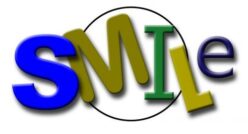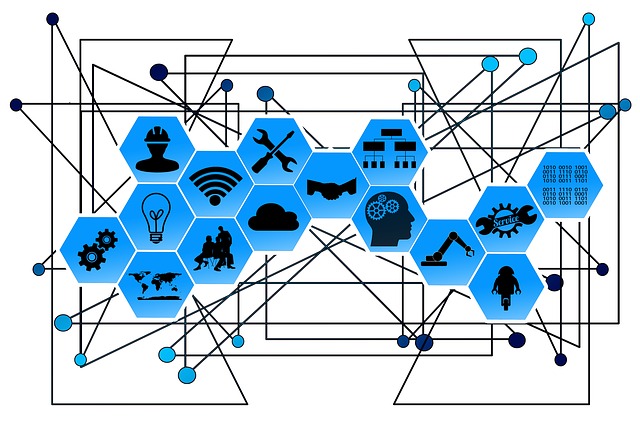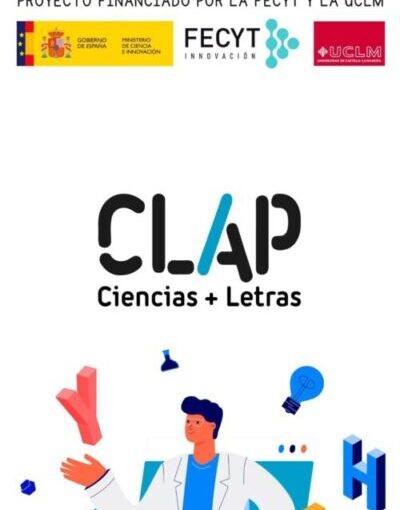Applications of Fuzzy Logic on the Internet
Internet has become a necessity in our current society. It is today an essential component for people’s everyday life, but also from the point of view of economy and, of course, technology. Internet opens a whole world of new possibilities and ideas, that are furthermore accessible to everyone. Unfortunately, the vast amount of available information requires a continuous development of new formalisms, languages, protocols and technologies that fight the natural entropy of the system. In this R+D project, we think that the development of technologies for the future Internet should be based on rigorous and accurate methods that will allow us to predict or formally prove properties of a given system, reducing the number of errors, and allowing the system to recover from them automatically in real time. For this purpose, we think that the use of rigorous or formal techniques is essential to guarantee their quality.
The main goal of the R+D project MERINET is thus to contribute to the advance of the research in rigorous techniques to improve the reliability and usefulness of software in general, and the applications for Internet in particular. The project will pursue the improvement of the future Internet, also contributing to increment the competitiveness of the Spanish software industry and the opportunities for technology transfer between the universities and the Spanish software development companies, so that they can face the current challenges.
Therefore, in this project we plan to develop new rigorous methods and techniques that contribute to the future Internet at different levels:
- Information extraction. This is an essential task today, given the vast amount of information available in the network. In this project, we aim at developing new techniques for information extraction, and we will also use fuzzy technology to improve their expressiveness.
- Validation and debugging. The applications developed for Internet are more and more complex every day: they are usually multi-paradigm, with a high degree of concurrency, and they require a good level of fault-tolerance. In this context, we propose the use of rigorous methods to define new analysis and debugging techniques for Java and Erlang applications, two of the most popular languages in this context.








